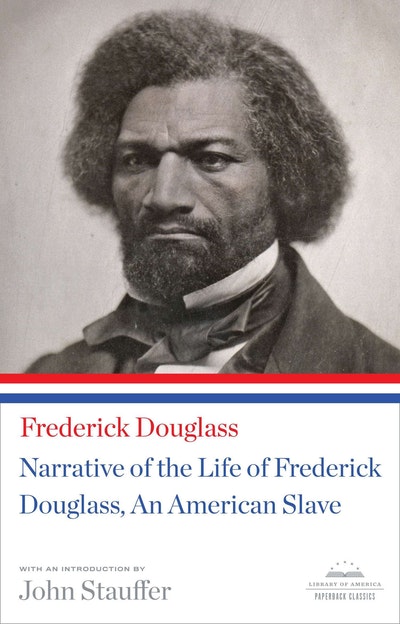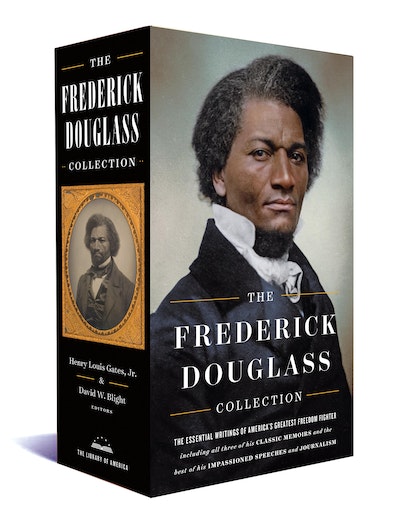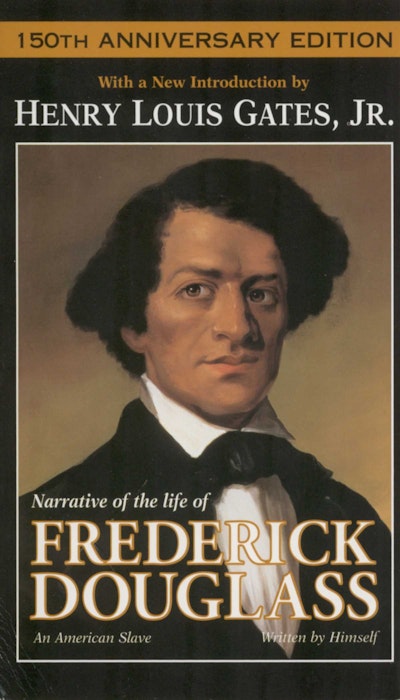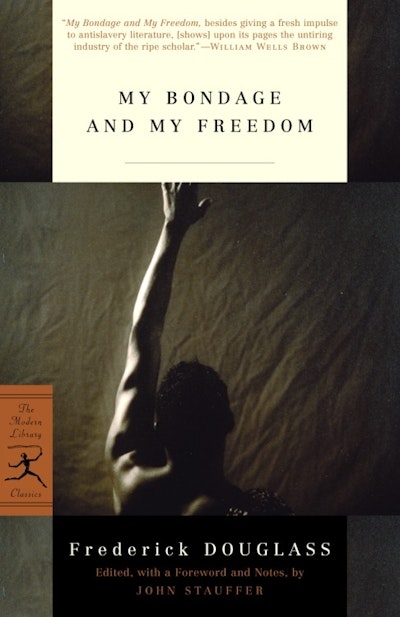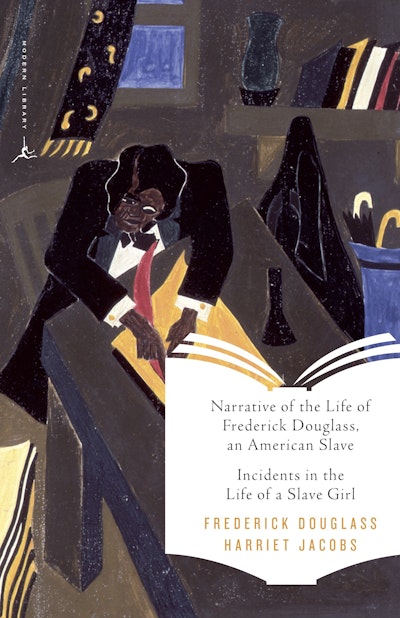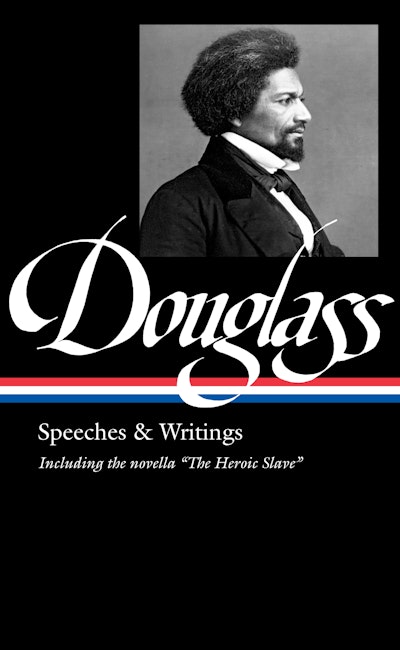[]
- Published: 25 February 2015
- ISBN: 9781598533514
- Imprint: Library of America
- Format: Paperback
- Pages: 128
- RRP: $19.99
Narrative of the Life of Frederick Douglass, an American Slave
Formats & editions
Buy from…
- Published: 25 February 2015
- ISBN: 9781598533514
- Imprint: Library of America
- Format: Paperback
- Pages: 128
- RRP: $19.99
